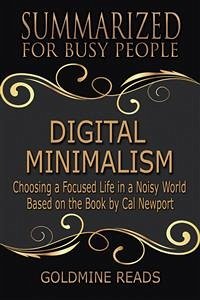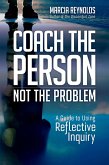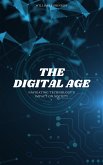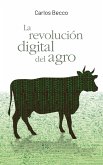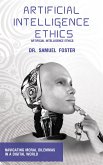This book summary and analysis was created for individuals who want to extract the essential contents and are too busy to go through the full version. This book is not intended to replace the original book. Instead, we highly encourage you to buy the full version.
In this relevant and enlightening book, bestselling author of Deep Work shares a philosophy for technology that has helped millions of lives.
Digital minimalists exist everywhere—and they’re calm, happy people who can cultivate connections without constantly looking into their phones. They can completely focus on a good book, an artistic project, or even a leisurely morning run. They can enjoy with their friends and family without feeling the urge to use their phones to document it. They are always informed about the news but aren’t overwhelmed by it. They don’t fear missing out because they already know which ones give them meaning and satisfaction.
Newport gave a name to this quiet revolution and create a persuasive case of its importance in the world saturated in technology. He provides simple advice—like turning off notification—or even having a “digital Sabbath” for us to get our sense of control back into our lives. He envisions a society where we can unplug completely without experiencing the demands of family, friends, and work. What we need is a conscious method to decide what tools we need, the purpose of those tools, and the conditions under which we’ll use them.
Taking on diverse real-life examples, from Amish communities to stressed parents to Silicon Valley programmers, Newport shares the common practices of digital minimalists with ideas underpinning them. He shows that digital minimalists rethink their relationship with technology, rediscover the beauty of the offline world, and reconnect with their inner selves through periods of solitude. He also shares some insights on how we can integrate those practices in our own lives—which starts with a thirty-day “digital declutter.”
Technology is neither good nor bad. What we need it to use it to help our goals and values rather than allowing it to use us. Digital Minimalism shows us how.
Wait no more, take action and get this book now!
In this relevant and enlightening book, bestselling author of Deep Work shares a philosophy for technology that has helped millions of lives.
Digital minimalists exist everywhere—and they’re calm, happy people who can cultivate connections without constantly looking into their phones. They can completely focus on a good book, an artistic project, or even a leisurely morning run. They can enjoy with their friends and family without feeling the urge to use their phones to document it. They are always informed about the news but aren’t overwhelmed by it. They don’t fear missing out because they already know which ones give them meaning and satisfaction.
Newport gave a name to this quiet revolution and create a persuasive case of its importance in the world saturated in technology. He provides simple advice—like turning off notification—or even having a “digital Sabbath” for us to get our sense of control back into our lives. He envisions a society where we can unplug completely without experiencing the demands of family, friends, and work. What we need is a conscious method to decide what tools we need, the purpose of those tools, and the conditions under which we’ll use them.
Taking on diverse real-life examples, from Amish communities to stressed parents to Silicon Valley programmers, Newport shares the common practices of digital minimalists with ideas underpinning them. He shows that digital minimalists rethink their relationship with technology, rediscover the beauty of the offline world, and reconnect with their inner selves through periods of solitude. He also shares some insights on how we can integrate those practices in our own lives—which starts with a thirty-day “digital declutter.”
Technology is neither good nor bad. What we need it to use it to help our goals and values rather than allowing it to use us. Digital Minimalism shows us how.
Wait no more, take action and get this book now!

